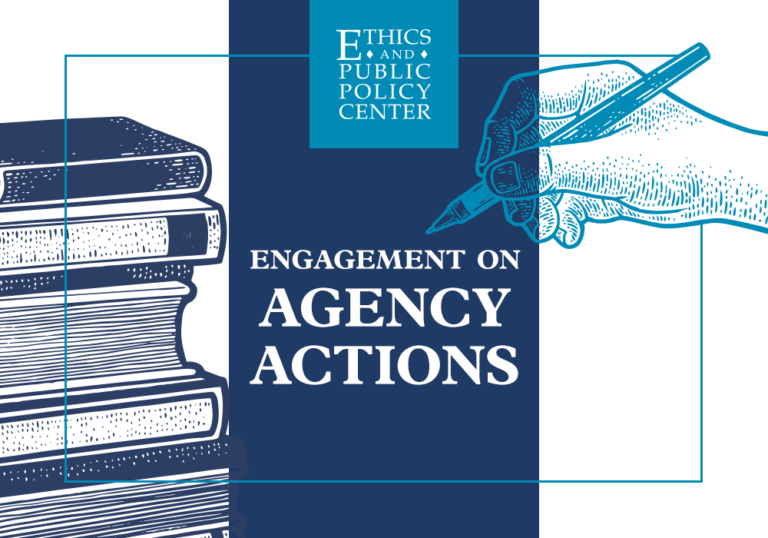Racism Remains a Key Factor in Today’s Political Landscape
Racism’s Enduring Role in Politics
The air is thick with tension, isn’t it? Look around, and it feels like every headline blares about divisions sparked by racism. It seems no matter how often we try to sweep this issue under the rug, it resurfaces, demanding attention and action. Racism isn’t just a historical footnote; it’s a current that runs deep through today’s political landscape.
In this article, we’ll explore the ways racism continues to influence politics, the implications for society, and what we can do about it. Trust me; by the end, you’ll have a clearer understanding of why racism is not just a personal issue but a political one, too.
The Historical Context of Racism in Politics
To comprehend today’s state of affairs, we must first take a trip down memory lane. Throughout history, racism has been weaponized to exclude, oppress, and manipulate. From the Jim Crow laws that enforced racial segregation to more contemporary issues like voter ID laws that disproportionately affect minority groups, racism has a long history of shaping policy.
Imagine political decisions being like chess moves—each piece representing different demographics and interests. As legislators, politicians have often used the pawn of racism to advance their agendas. Why? Because fear and division are powerful tools. They can sway public opinion, rally support, and create an “us vs. them” mentality.
Present-Day Politics: Are We Making Progress?
You might wonder, “Haven’t we come a long way since the civil rights movement?” Well, yes and no. While significant strides have been made, the residue of racism has stubbornly clung to our political frameworks. The rise of the Black Lives Matter movement, for instance, proved that racial injustice continues to be a pressing issue that people won’t ignore.
Not to mention, overtly racist rhetoric has crept back into our political conversations, giving a voice to candidates who thrive on division. Have you noticed how political rallies nowadays often capitalize on fear-mongering? It’s all about painting a picture of “the enemy”—a tactic as old as time.
Racism as a Political Tool
Let’s break down how racism functions as a political tool in several key areas:
Voter Suppression Tactics
- Racial Profiling in Law Enforcement: Minority communities often face heightened scrutiny, leading to disproportionate policing and arrests. It’s not just a personal issue; it affects political representation.
- Voter ID Laws: These regulations, often framed as necessary security measures, usually target minority voters. Studies indicate that people of color are less likely to possess forms of ID deemed acceptable, thus reducing their participation in elections.
Fearmongering and “The Other”
Have you ever noticed how political campaigns frequently depict marginalized communities as threats? This isn’t by coincidence. By labeling a group as “the other,” politicians can divert attention from their shortcomings, rally their base, and ultimately gain votes.
Consider how immigration debates are often framed: migrants are portrayed as lawbreakers or economic burdens. Such narratives perpetuate the cycle of fear, and in turn, policies target these communities unjustly.
Media Representation
The media plays a powerful role in shaping perceptions, and let’s be real—the portrayal of racial and ethnic minorities often lacks nuance. Stereotypes thrive, leading to misconceptions that can influence, you guessed it, political views and policies.
Economic Implications of Racism
Racism doesn’t just impact social issues; its repercussions are felt in economic policies, too.
Systemic Inequality
Have you ever heard of systemic racism? It’s like an invisible barrier that prevents people of color from accessing the same opportunities as their white counterparts. In terms of economics:
-
Wage Gaps: African American and Latino workers often earn significantly less than their white peers, even when qualifications are equal. This wage gap is not just a statistic; it affects homes, education, and health.
-
Employment Opportunities: Discrimination in hiring practices can perpetuate cycles of poverty within communities of color. What could be a thriving business network instead becomes stifled by racial bias.
Policy Implications
Policies that address these inequalities are critical but often face pushback. Just think about proposals for reparations or equitable funding for education. They receive considerable opposition, often rooted in notions that a “level playing field” is already in place. This myth is detrimental, leading to stagnation in progress.
The Youth Perspective
Young people are often on the front lines of change. They use social media to amplify issues of racial injustice, creating movements that challenge the status quo. But here’s the kicker—this activist spirit often faces backlash from older generations who may still harbor misconceptions about the extent of racism today.
Activism in the Digital Age
The rise of social media has been revolutionary. Young activists can organize rapidly and reach global audiences. Movements like “Cancel Culture” emerged, holding individuals and companies accountable for racist behavior. However, this can incite heated debates about free speech versus accountability—where do we draw the line?
Bridging the Divide: What Can We Do?
So, what’s the way forward? Are we doomed to repeat the mistakes of the past? Not if we make conscious efforts to bridge the gaps.
Education and Awareness
-
Dismantling Privilege: Understanding white privilege and systemic inequalities is critical for fostering genuine relationships across racial lines. Awareness can lead to empathy, and empathy can lead to change.
-
Promoting Inclusive Education: Schools should incorporate diverse histories and experiences into curricula, ensuring all students understand the complexities of racism. When we learn about each other’s experiences, we cultivate a society that values inclusivity.
Engage in Political Activism
-
Voting is Non-Negotiable: Participate in elections; your vote is your voice. Support candidates who prioritize anti-racist policies.
-
Community Organization: Join local groups that focus on racial justice. Collective action amplifies your voice and builds support.
Open Conversations About Race
Talking about race can feel awkward, but it’s necessary.
- Honest Dialogue: Engage friends and family in discussions about racism and its implications. Often, people are simply unaware of the issues—they need someone to guide them.
Conclusion
Racism remains a robust undercurrent in today’s political landscape. It informs decisions, sways public opinion, and exacerbates societal divisions. As we navigate this complex issue, it’s vital to remember that change begins with understanding and awareness.
By educating ourselves, actively participating in discussions, and participating in the political process, we can chip away at the structural racism that plagues our society. The question is, are you ready to take action? Let’s foster a political culture where everyone, regardless of their race, has a voice and a chance at success.
FAQs
1. What is systemic racism?
Systemic racism refers to policies and practices within societal structures that favor one race while disadvantaging others, often perpetuating inequalities.
2. How can I engage in conversations about race?
Start by educating yourself, listening to others, and approaching discussions with empathy. Be willing to share your own experiences, but also allow space for others’ perspectives.
3. What are some signs of voter suppression?
Signs include strict voter ID laws, limited access to polling places in minority neighborhoods, and aggressive purging of voter rolls that disproportionately affects people of color.
4. What role does media play in perpetuating racism?
Media representation can shape public perception; often it perpetuates stereotypes that marginalize racial and ethnic minorities or fails to depict their stories accurately.
5. Why is education important in combating racism?
Education fosters understanding and empathy, helping individuals recognize systemic inequalities and motivating them to make positive changes within their communities.







